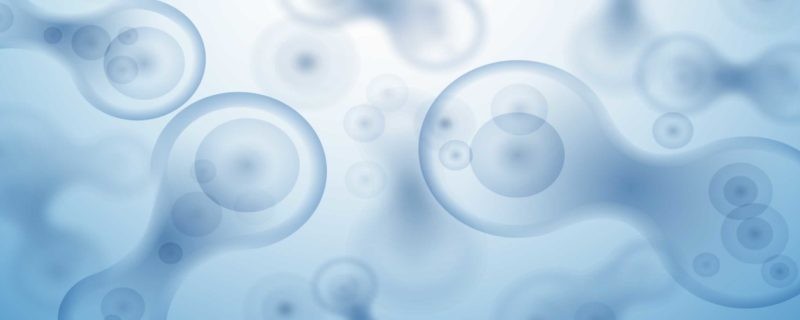
Recombinant Albumin Enhances Stability of Attenuated Vaccines
The use of live attenuated viral vaccines has both advantages and disadvantages compared to inactivated vaccines. One advantage is that attenuated viral vaccines often produce a more robust immune response since the virus is replication competent. Fewer viruses are typically required to produce an effective immune response and this means dosing can be substantially lower and with a lower dose comes lower manufacturing cost. One disadvantage of live attenuated viral vaccines is the loss of potency due to the thermal instability of the virus during storage. Moreover, attenuated vaccines that are dried and reconstituted on-site must be used within a limited time after reconstitution. Liquid phase live attenuated vaccines oven require storage and shipment at reduced temperatures, which is problem in developing countries.
A recent publication by Inviragen (Wiggan et al.) published in Vaccine, 6 October, 2011 details a novel formulation that enhances attenuated flavivirus vaccine stability. A combination of a sugar (sucrose), albumin, and pluronic polymer (F168) minimized the loss of infectious titer to less than 0.5 log10 for 7 days at room temperature or for 11 weeks under refrigeration. The combination provided significantly greater liquid phase stability than had been reported previously for flavivirus vaccines. The formulation also enhanced the stability of virus when used prior to drying and reconstitution.
The three components were synergistic in their effect. Key to the success was the discovery that albumin is a major component of flavivirus stability. Other proteins such as gelatin were not effective. This observation suggests that albumin uniquely stabilizes flavivirus. The use of albumin alone increased stability more than 10-fold over PBS (Table 1). Moreover, recombinant animal-free human albumin (from InVitria) was equally effective as blood-derived human-albumin. The authors note that “the use of recombinant albumin is advantageous as this would mitigate potential hazards associated with the use of human-(blood) derived products”.
The stabilizing formulation was developed using Inviragen’s dengue fever vaccine strains of virus. However, the formulation also improved the stability of other flaviviruses such Japanese encephalitis virus SA 14-14-2. Interestingly, yellow fever virus (17D) proved stable in PBS without the use of stabilizers. These findings advance the potential for live attenuated flavivirus vaccines and will facilitate the effective distribution of these vaccines worldwide.